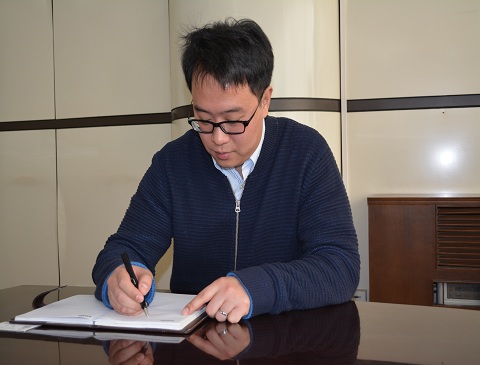The World Trade Organization in Geneva was the setting for the landmark case against Canada. Brought to the stage last year by Japan, with the EU joining the fracas later in the year, the three-person dispute panel heard the arguments against Ontario’s contentious domestic content requirements as set out in its feed-in tariff.
Canada’s response to the accusations has now been heard. Ontario countered that because an FiT programme is a form of governmental procurement to ensure affordable clean energy generation, it is therefore exempt from international agreements. Provided that Ontario is not conferring a benefit the country’s incentive system it is shielded from both the General Agreement on Tariffs and Trade (GATT) and the Agreement on Subsidies and Countervailing Measures (SCM Agreement).
The International Centre for Trade and Sustainable Development states that, “the only WTO agreement that specifically addresses such governmental purchases is the plurilateral Government Procurement Agreement (GPA). While Canada is a party to the GPA, the Ontario Power Authority (OPA) - the agency that implements Ontario’s FIT programme - is not covered by Canada’s concessions in the plurilateral pact. As a result, Ontario is under no obligation to grant access to its energy procurement market.”
The ICTSD continues: “The difference between government procurement and subsidies in the form of governmental purchases involves the benefits provided by the latter to contractors. When purchases confer a benefit by granting better conditions than what is normally available on the market - for instance by paying higher prices or granting longer contract terms - they cannot be shielded from the WTO’s SCM Agreement by being deemed a form of government procurement.”
However, Japan and the EU made an attempt at throwing this argument out of the window, altercating that Ontario’s FiT procedures do actually constitute a subsidy in the form of the transfer of a fund or price support, therefore conferring a benefit.
“The defining aspect of FiT contracts is that they ensure renewable energy generators payments in excess of those that they would receive but for the FiT programme,” argued Tokyo when rebutting Ottawa’s claim that the programme was government procurement. This is not about a purchase, Japan added. “The OPA or the Government of Ontario never has possession of or exercises control over obtaining of the electricity supplied under the FiT programme.”
“The FiT programme and its related contracts confer a benefit to the FiT generators since the OPA guarantees above-market rates for the supply of electricity,” the EU argued before the panel.
“That excess is best confirmed by examining the difference between the FIT rates and HOEP [Hourly Ontario Energy Price], as HOEP represents the entire rate that these generators would have received” under normal market conditions, Japan added.
With regards to the HOEP, Canada argued that it is an inappropriate benchmark stating that, “the focus of any benefit analysis must be on the recipients of the benefit – not the consumers.”
This hearing saw Tokyo and Brussels argue that Ontario’s FiT ruling unfairly discriminates against foreign manufacturers. The country’s renewable energy Act states that a 60% minimum content requirement is obligatory in order to qualify for subsidies and grid access.
“Through these measures, the Government of Ontario provides subsidies contingent upon the use of domestic over imported goods,” said the Japanese delegation in its statement. “This discriminatory measure is designed to promote the production of renewable energy generation equipment in Ontario rather than to promote the generation of renewable energy.”
Japan and the EU surmised that Canada is in direct violation of the agreement on subsidies and countervailing measures. They also argue that the measures violate the GATT and the SCM Agreement.
It is now up to the panel to decide whether Ontario’s solar producers receive advantageous contract terms compared to foreign competitors.
The opposing panels are now required to submit written rebuttals by the end of April, when a second hearing will take place. An interim report may be submitted to the parties on a confidential basis as early as July of this year. A public ruling, however, is not expected before late October.
Japan and the EU’s partnership has resulted in negotiations on a free trade agreement between the two nations. According to the Mainichi Daily News, Prime Minister Yoshihiko Noda and his Italian counterpart Mario Monti told reporters on Wednesday that, “the two countries face very similar economic challenges and that carrying out fiscal reconstruction and generating growth are both vital.”
- 第九届中国(无锡)国际新能源大会
-
 本届新能源大会以“新城镇、新能源、新生活”为主题,举办2017全球新能源产业峰会及“光伏+”跨界、绿色建筑、分布式市场营销等10场专业论坛,国家能源局新能源和可再生能源司...
本届新能源大会以“新城镇、新能源、新生活”为主题,举办2017全球新能源产业峰会及“光伏+”跨界、绿色建筑、分布式市场营销等10场专业论坛,国家能源局新能源和可再生能源司...














